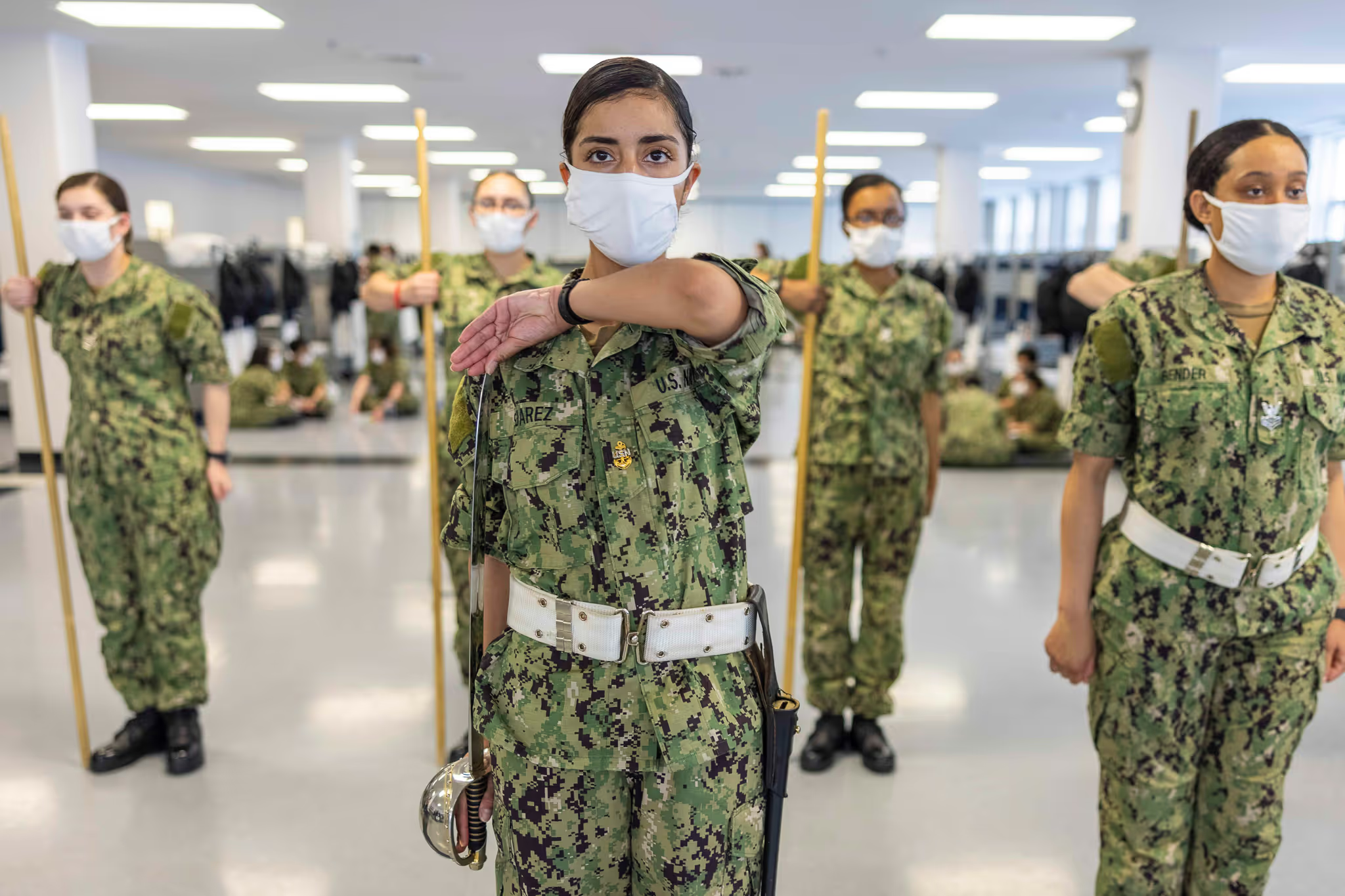JOB BROKERING
Offer your employer partners the service of acting as a job broker whereby you actively recruit and screen candidates for them. Hiring managers are busy; they may sincerely want to hire a veteran but shuffling through a mountain of resumes and then trying to understand a veteran resume can just require too much effort.
Work with the employer to identify opportunities, then as a provider, you can outreach to veterans for the position and screen potential candidates. In so doing, you can orchestrate the best matches and save your employer partner time. Place job opportunity ads that call for candidates with prior military service and consider listing relevant MOS or other military job codes in the advertisement. Describe the job in some detail but do not identify the employer. Deliver multiple qualified candidates for the interview process.
At the same time, work with veteran clients on resume writing, interview techniques, as well as job-related skills to make sure they are prepared. Screening applicants also serves as client outreach, so be ready to enroll and work with veterans who are not well-suited for the particular job but who could nonetheless use help finding the right employment fit.
JOB TRAINING AND COHORT MODELS
Individual and cohort training is an effective way to improve the types of jobs you can place veterans into. These methods also strengthen the relationship between your agency and the employer as well as the employer and veteran candidate.
In these circumstances, both you and the employer identify the skills needed for a position and identify the best veteran(s) to train for employment upon successful completion. This allows the employer to have a hand in selecting or even designing and delivering the training to their exact specifications.
Partner with local community colleges, trade schools, local industries and/or individual employers to develop and implement cohort training. You may have more trainings than job opportunities in order to allow for training attrition. Be sure to seek out alternative employers for candidates who are not ultimately chosen by the employer.
Cohort training provides a peer-based environment familiar to military experience where veterans work collectively. This supportive environment builds skills and confidence, as well as helps your staff work with veterans to identify other needs, such as housing or legal supports, to further strengthen their employment prospects.
TARGETED HIRING EVENTS
No one likes job fairs. They are impersonal, awkward, stressful, and do not hone-in on specific opportunities. It is disheartening for veterans to mill about for an hour with no outcomes or structured purpose.
Instead, consider hosting smaller events where employers seek candidates for specific positions. Pre-plan events with employers who are actively recruiting, preferably for multiple hires. Identify needed qualifications, experience, and desirable skillsets for the positions to be filled. Work with the employer to broaden or soften requirements where military experience can be substituted for traditional civilian work histories.
Engage in targeted outreach to recruit veteran candidates. Place an ad that calls for former military experience directly and consider including specific MOS codes in the ad copy to describe job skills needed. Do not identify the employer specifically; instead, you act as the recruiter—interviewing veteran clients, determining fit, and providing training and skill sharpening as needed.
During the hiring event, provide space away from information tables where hiring managers can engage in one-on-one full or mini-interviews with the candidates to get the hiring process underway.
Consider presenting your programs and the value of veteran hiring by hosting a veteran employment roundtable or summit. Make sure to invite hiring managers, recruiters, and HR personnel who are the gatekeepers to employment. Identify corporations and employers in your community that have veteran affinity groups and reach out to their members. Those veteran members may not be in a position to directly hire, but together you can explore ways to hire and support veterans in the workplace.
Tailor your agenda to the locality or industries targeted. Consider panels of employer partners who discuss their experience hiring veterans as well as veteran employees who discuss what employers should know about the veteran experience. Deliver training on veteran culture to employers.








